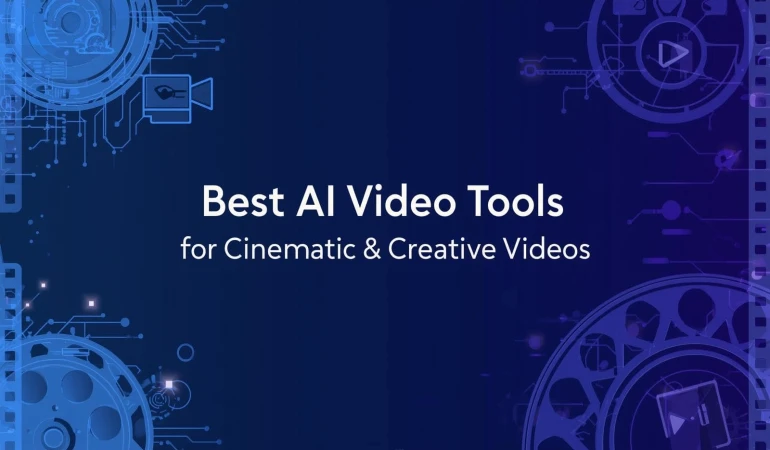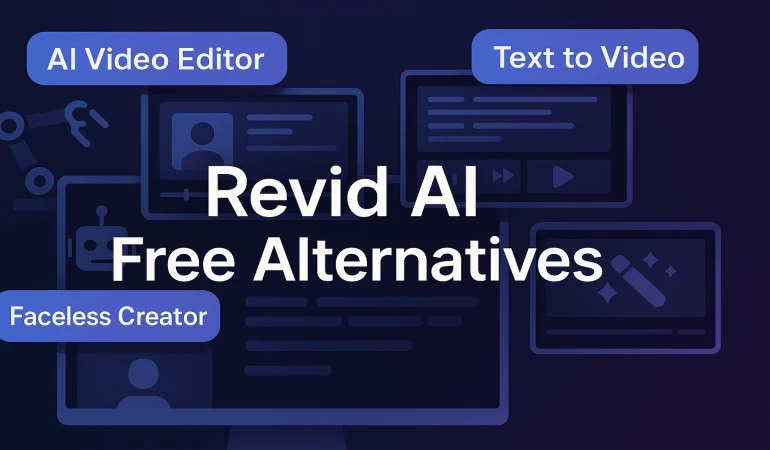How Image-to-Text Technology Helps Create Engaging Videos?
Extracting text from images and creating videos that most people would like is not a simple task, but image-to-text technology can help you with this. This technology allows you to extract data from any image in text format easily. You can use that extracted data in your video-creating process. Today, you’ll learn how image extraction technology works and how you can use it to create engaging and interesting videos.
January 02, 2025 08:53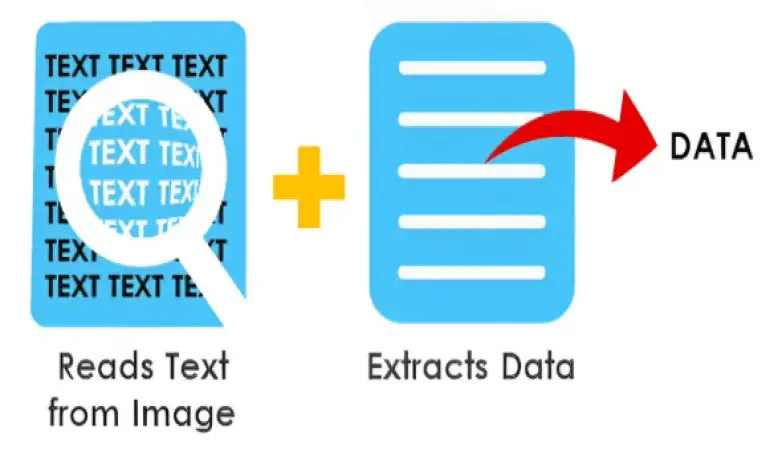
Key Takeaways
Image-to-text technology enables creators to extract text from visuals seamlessly.
Simplifies the creation of descriptions, captions, and narrations for videos.
Enhances efficiency by repurposing content from posters, flyers, and screenshots.
Supports personalization, improving viewer engagement and connection.
How Image-to-Text Simplifies Video Creation
Image to text technology simplifies the video creation process using advanced OCR (Optical Character Recognition) technology. This process involves scanning the image to locate text and extracting it into a usable format.
Here’s how the technology benefits video creators:
It can extract text from images, posters, or screenshots. This way, you can easily grab any text from visuals and use it in your videos.
It can turn the text into editable formats. This is helpful when you want to make any changes to the content. You can also use this changed content in your other projects.
It can also help creators use old content in new ways. This way, creators can breathe new life into their previous materials.
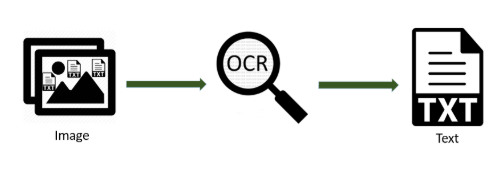
Simple Steps to Use the Image-to-Text
Here are easy steps tool that video content creators can follow:
Step 1: Pick the Right Image
You must select the image from which you want to extract the text. To get the best results, you must select the image in which the text is written.
Step 2: Use an OCR Tool
After that, upload that image into the image-to-text converter and let the OCR perform the text extraction process.
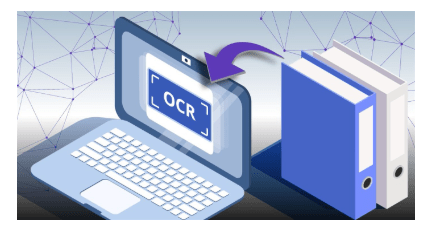
Step 3: Check and Edit the Text
Once the process is completed and you receive the output, you must review the extracted text and see if there are any mistakes or not. If you find any mistakes, then immediately correct them.
Step 4: Add the Text to Your Video
Finally, you have accurate and editable text. Now you can use this text in your videos as subtitles, overlays, or scripts.
All this process is very simple and can be done in very little time. So creators can save lots of their time by using the tool.
How Creators Can Get the Most from the Tool?
Here are some practical ways creators can get maximum benefits from the tool:
Adding Moving Text in Videos: Extract text from posters or print flyers and try to add this as moving text in your videos. This can easily grab the attention of the viewers.
Making Tutorials Easier: Take screenshots of software or processes and extract the text. Use the text to guide viewers step by step in your tutorial.
Highlighting Important Data: Extract key numbers or facts from charts and use them in your explainer videos. This makes your content more likable.
Personalizing Content: Pull information from customer forms or surveys to make personalized marketing videos. This way, you can easily build a stronger connection with your audience.
Common Issues and Simple Fixes
Sometimes, there are small problems with the image-to-text tool that need to be fixed. Here are some tips about how you can solve them:
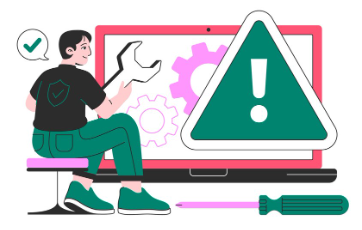
Blurry Images: Try to use clear and bright images to get better results.
Complicated Layouts: Choose tools that handle complex text layouts.
Errors in Text: Always check the extracted text to fix mistakes.
Frequently Asked Questions
Let’s look at the answers to people's questions about the image-to-text technology tool.
Can I use the tool for handwritten notes?
Yes, you can use it, but the results can vary depending on how clear the handwriting is.
Is the image-to-text tool easy for beginners?
Absolutely! It’s very simple to use even newbies can also use it without any stress.
Does it support multiple languages?
Yes, the tool can support over 100 languages. So you can easily extract the text from multiple languages.
Is the tool useful for short videos?
Yes, you can easily use it for shorts, reels, and even in stories.
Do I need special software for this?
No, it’s an online tool and you only need a working internet connection to use the tool.


